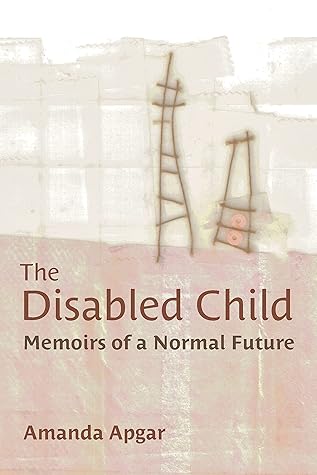More on this book
Kindle Notes & Highlights
by
Amanda Apgar
Read between
February 25 - March 2, 2025
Little is done to challenge this discursive exclusion in extraordinary narratives, which far from claiming access to privileged narratives of normalcy, position disabled children as super-human, exceptional, otherworldly, and even, “not quite human” (Beck 2011, 74). Extraordinary disabled children elevate their parents’ moral and/or spiritual lives simply because they are disabled, and because their parents actively shift their understanding of disability from something tragic to something that has moral and spiritual significance.
While these narratives reinforce ableism in the way they categorically deny disabled children complex subjectivity or the opportunity to embody an identity that is familiar or banal, in writing disabled children into extraordinariness, parents attempt to foster inclusion. They do so via neoliberal rationality and the logics of exchange that overdetermine the worth of all bodies and relationships.
Contrary to what parent-memoirists had expected, impairment does not prevent their children from living an ordinary life.
Typical and atypical seem to work sort of euphemistically in the contemporary moment when the concept of “normal” is so frequently challenged and deconstructed. However, medically speaking, typical and atypical development refer precisely to children that reach or do not reach developmental milestones within the normal window (see chapter 1).
Parents of children with disabilities recognize the impossibility of normalcy, even when they recognize that normalcy is a moving target (Cohen 2011; Schank 2015). And so, with no chance of being “normal,” parents hope their children will be “as ordinary as possible” (Adams 2013, 85), or that their lives will resemble those of their “normal” peers.
Often, but not always, these reflections on expectations and displacement are connected to how the parent-author sees themselves as a mother or father, rather than a neutral “parent.”


